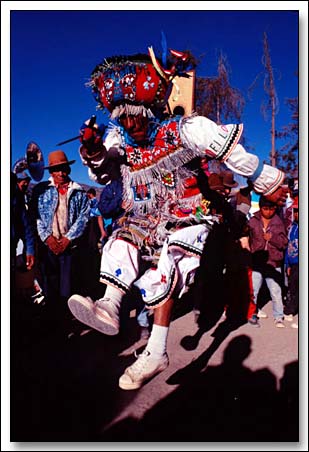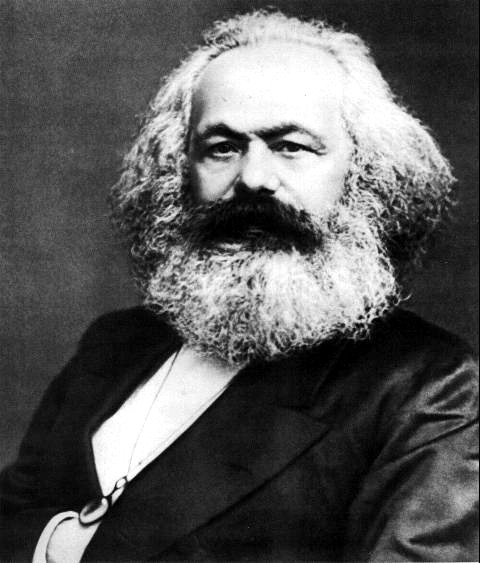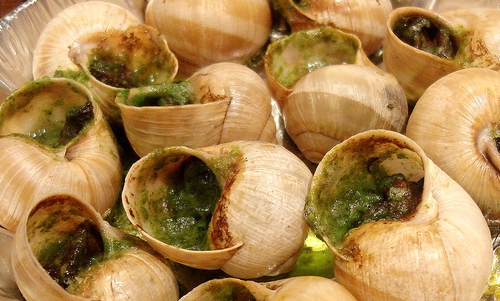by Michael Schuermann
So, it’s official. French Cuisine is now a part of the world’s “cultural heritage”. Hurrah and congratulations to French Cuisine for joining the illustrious ranks of the art of Croatian throat-warbling and the Peruvian scissor dance.
 I have only one problem with that: unlike a singing technique and a dance, not to mention something you can actually see or touch such as the Cathedral of Notre Dame or the Loire Valley, French Cuisine is a highly abstract concept, something so vague that you can argue endlessly whether or not it would appear to cover almost any specific dish or cooking practice. The question. meanwhile, should not only be: what exactly is it that UNESCO wants us to protect? but also: how do they intend us to go about it?
I have only one problem with that: unlike a singing technique and a dance, not to mention something you can actually see or touch such as the Cathedral of Notre Dame or the Loire Valley, French Cuisine is a highly abstract concept, something so vague that you can argue endlessly whether or not it would appear to cover almost any specific dish or cooking practice. The question. meanwhile, should not only be: what exactly is it that UNESCO wants us to protect? but also: how do they intend us to go about it?
And what will be next on their list: the English weather? Italian stylishness? Dutch courage?

Or how about this: German philosophy. Think about it: Western culture, the way we think about ourselves, would not be the same without the contributions that Kant, Marx, Schopenhauer and many other German thinkers have made through the centuries.
On the other hand: in what way can German philosophy be said to be a feature of the Germany of today? How likely are you to engage a bus driver, a car mechanic or even a school teacher in a meaningful exchange about the epistemology of transcendental idealism or the metaphysical tragedy of the human will?
And so it is with French Cuisine.
The idea that French restaurants are in some way better than restaurants anywhere else in the world is a myth, albeit a carefullly protected one. A great many commercial interests ride on it – not exclusively, but predominantly French ones.
In 2008, when the idea of the French Cuisine becoming an official part of our Global Cultural Heritage was floated, UNESCO – in not so many words – said: You gotta be kidding!

Today, it’s champagne all around. Something fairly dramatic must have have happened in the intervening two years.
No country, no people has had as much influence on our palates than the French! Here the ‘Sauce’ came of age, the egg developed a multiple personaltiy and blew life into the soufflé. Where the Grilled Ham and Cheese gets all dressed up as a ‘Croque Madame’. Long live French Food and YES, it is worthy of being referred to as a treasured Cultural Heritage. Great article Michael!
It has nothing to do with better restaurants or whatsoever. It’s just that the french cuisine is one of the most traditional in the world and has had a great influence in other countries’ cuisine as well. And you’re right, it is an abstract concept, which is why it was declared as “world intangible heritage”, not cultural heritage, as you said. You should get the facts straight 🙂
Thanks for your comment, Isabella.
My problem with the French Cuisine in this respect is not that it is less tangible than, say, Notre Dame Cathedral, but also less tangible than the Peruvian Scissor Dance and Croatian Throat-Warbling. The two of us, I suspect, could easily agree, once we have seen it, on what this Peruvian Scissor Dance is and what it is not, but your idea of French Cuisine may differ very much from mine, and one could argue endlessly over the exact definition of the term. So what are we supposed to “protect”?
Undoubtedly, the idea of French Cuisine has inspired a global industry of restaurants that want to feel superior to any other. You are certainly right about that. Whether we should celebrate that, is, however, a different question.
Traditional French cuisine has many things in common with mediterrenian cuisine. Why should it be chosen as special? Is it because they make great foie gras by force feeding their ducks? Isabella, is that a fact that French cuisine has influenced other countries’ cuisine? Can I have one factual concrete example, please. Happy06295, the Croque Madame is worthy of being declared a UNESCO world heritage? I tell you it’s a joke UNESCO is playing on us Or they’ve been leaned on by the French (“Hey, you’ve got a nice office here in Paris. Pity if something bad happens to it” sort of thing) ;-O